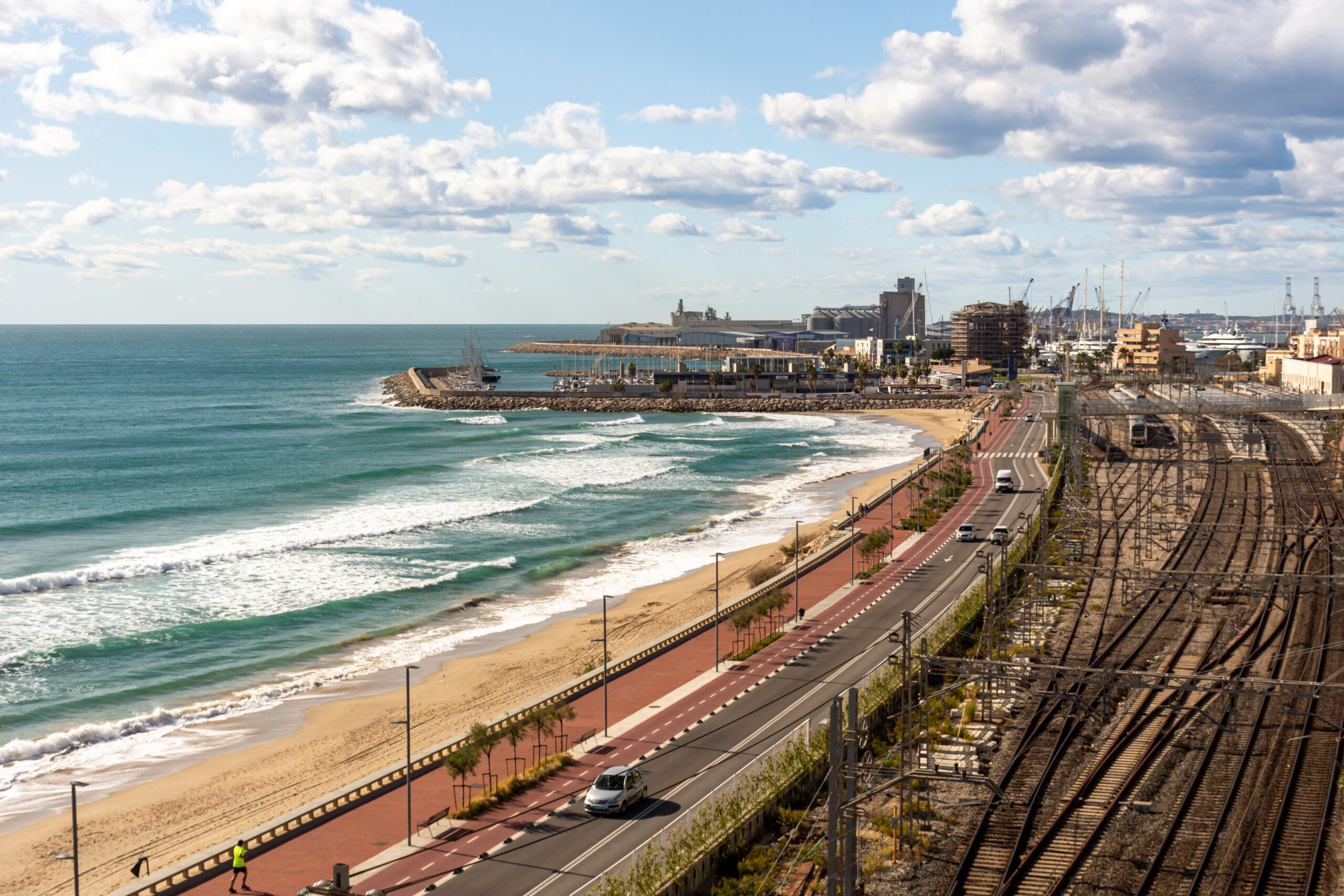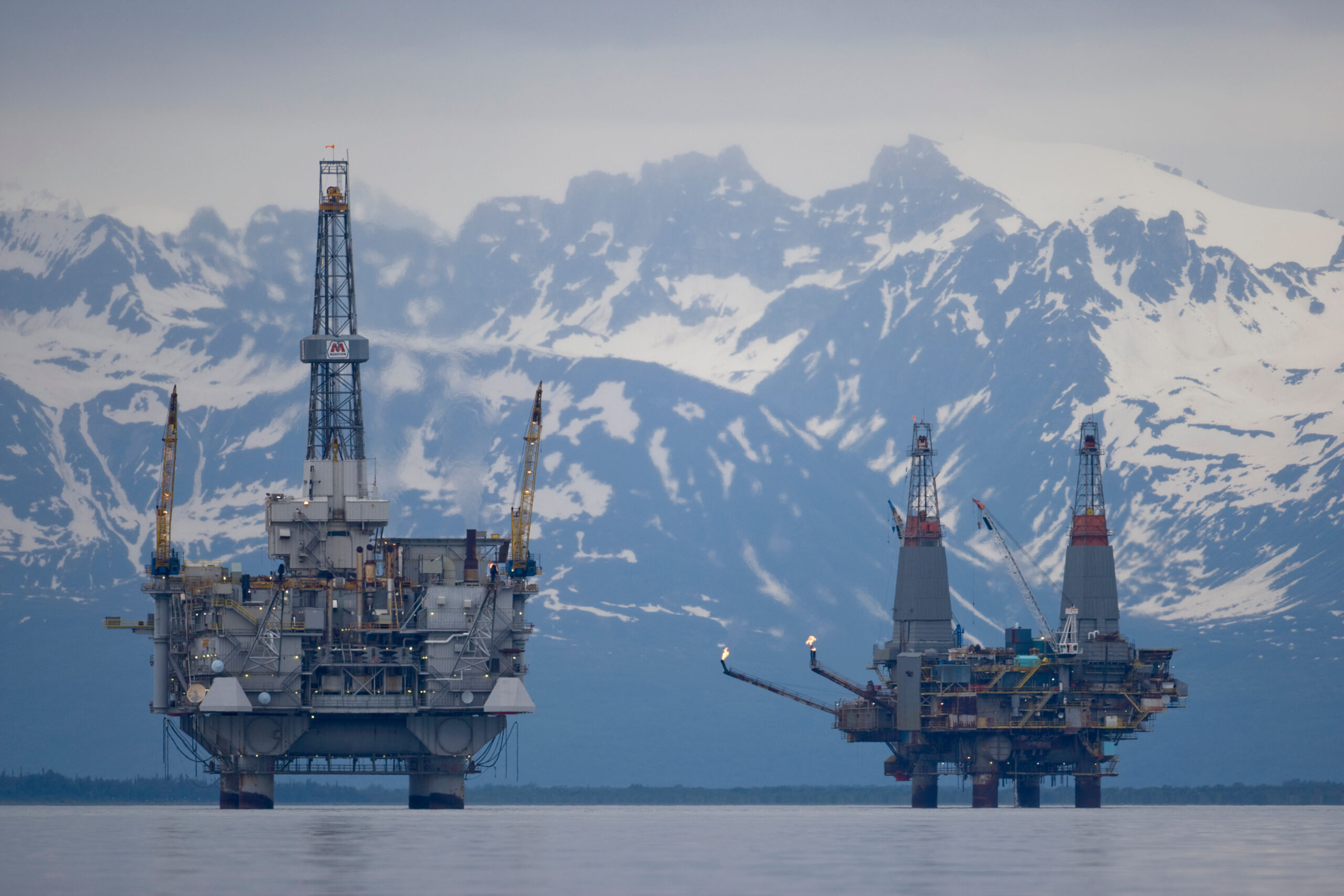COP28 opens in Dubai: what topics take priority and what next?
The COP28 summit opened today with a decision to discuss financing the loss and damage fund, in the hope of reaching an agreement before moving onto more complex topics.

The United Arab Emirates Presidency of COP28 called on the states and representatives participating in the summit on Thursday, the opening day, to officially adopt the outlines of a new United Nations fund to cover losses and damage, and to announce an agreement to periodically finance the fund to help poor and developing countries affected by climate disasters due to developed countries’ misuse of natural resources.
Over the next two weeks, the COP28 conference will include many fundamental and central topics to protect and find solutions to climate change, as follows:
Loss and damage fund
Countries are divided on whether the priority should be given to gradually getting rid of coal, oil and gas, or expanding the scope of technologies such as carbon detention to try to reduce their effect on the climate. COP28 started its first day with a meeting of world leaders in Dubai to discuss an early decision on the losses and damage fund, before the summit turned its focus to fossil fuels and other topics.
The European Union has previously pledged to make a major contribution to the fund, but today it is pushing for economic powerhouses like China and the United Arab Emirates to follow its lead. European diplomats said that the establishment of the fund allows rich countries to start pledging to put money to it, and it is expected that countries including Germany, Denmark, the Netherlands, the Emirates, China, Saudi Arabia, and others, will announce the value of their contributions to the fund during the next few days.
Fossil fuels
Representatives of approximately 200 countries will attend the climate summit in Dubai, as the United Arab Emirates, the host country and OPEC member, hopes to promote the vision of a low-carbon future that still includes fossil fuels to a certain degree. This is in contrast to the goals presented at the Paris Agreement to reduce the production and consumption of fossil fuels, revealing international divisions at the top about how to combat global warming.
Governments are preparing to conduct serious negotiations on whether it is necessary to agree — for the first time — to gradually get rid of the world’s use of coal, oil and gas from which carbon dioxide is emitted. Representatives of the fossil fuel industry will also be included in the conversations. So far, the Conference Conventions have only called for a gradual reduction in coal and fossil fuel subsidies.
Renewable energy and 1.5 ° C target
Countries are divided between European and climate-exposed countries demanding an agreement to replace fossil fuels with clean energy, and oil and gas producers who seek to preserve the role of traditional energy sources. Also, many developing countries are reluctant to stop using fossil fuels, saying it is necessary to develop their economies.
Global renewable energy capacity will need to reach more than 11,000 gigawatts by the end of the decade, as solar energy and wind energy represent about 90 percent of growth, to achieve the Paris Agreement goal of reducing global temperatures to less than two degrees Celsius.
Rana Adib, the Executive Secretary of REN21, the Renewable Energy Policy Network for the 21st Century, said: “We see that there is a mobilization about the goal of renewable energy and global energy efficiency in a way that we have not seen before in the former COP.”
Countries will undertake the first-ever global evaluation process during COP28, as they will evaluate the progress they made so far in achieving global climate goals – led by the goal of the Paris Agreement to reduce global warming to 1.5 degrees Celsius (3.6 ° F).
Methane
It is scientifically believed that reducing climate temperature to 1.5 degrees Celsius will require “rapid, long-term and unprecedented changes” such as emissions.
Methane, which is colourless, odourless and invisible to the naked eye, however, according to the United Nations Environment Programme, is responsible for more than 25 percent of global warming. Methane is 80 times more harmful than carbon dioxide. The United Nations said that a methane cut of 45 percent by 2030 can help achieve the Paris Agreement goal of reducing global warming to 1.5 degrees Celsius at pre -industrial levels and helping the world avoid the worst effects of global warming.
An announcement is expected to be issued regarding methane at the climate talks on Saturday, December 2. It is also expected that other announcements related to different topics will be issued during the conference in the upcoming days.



